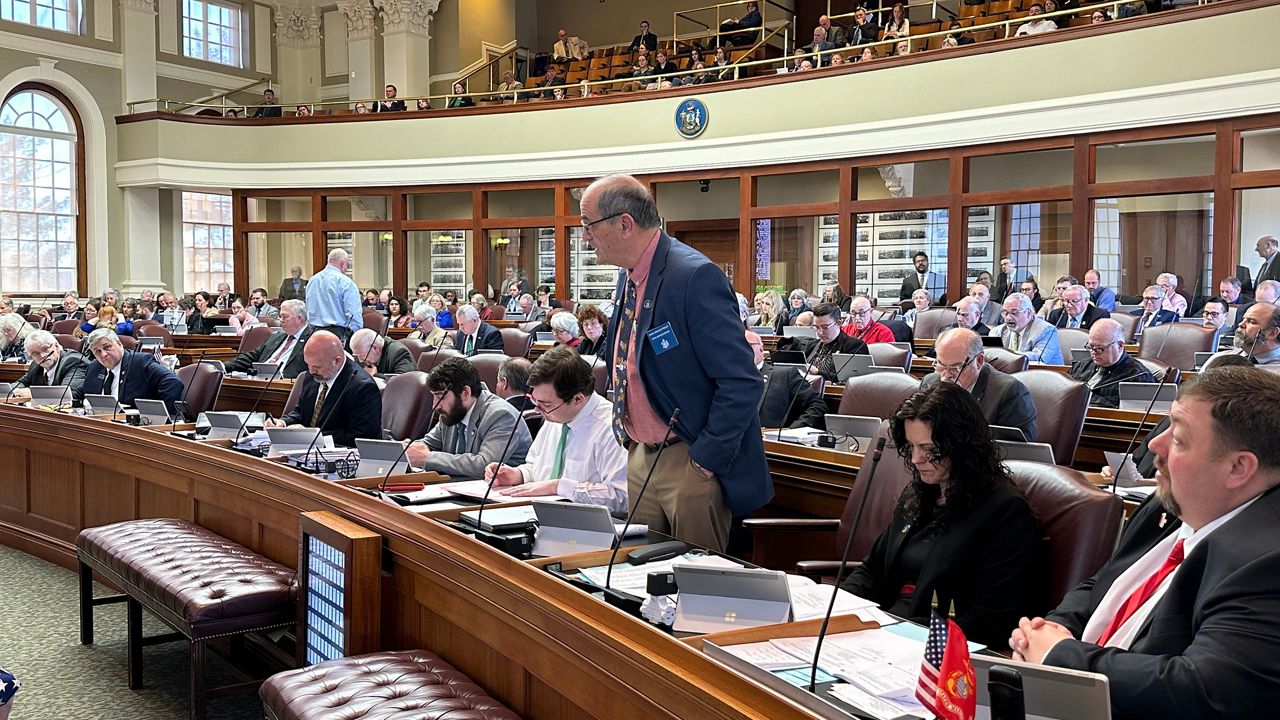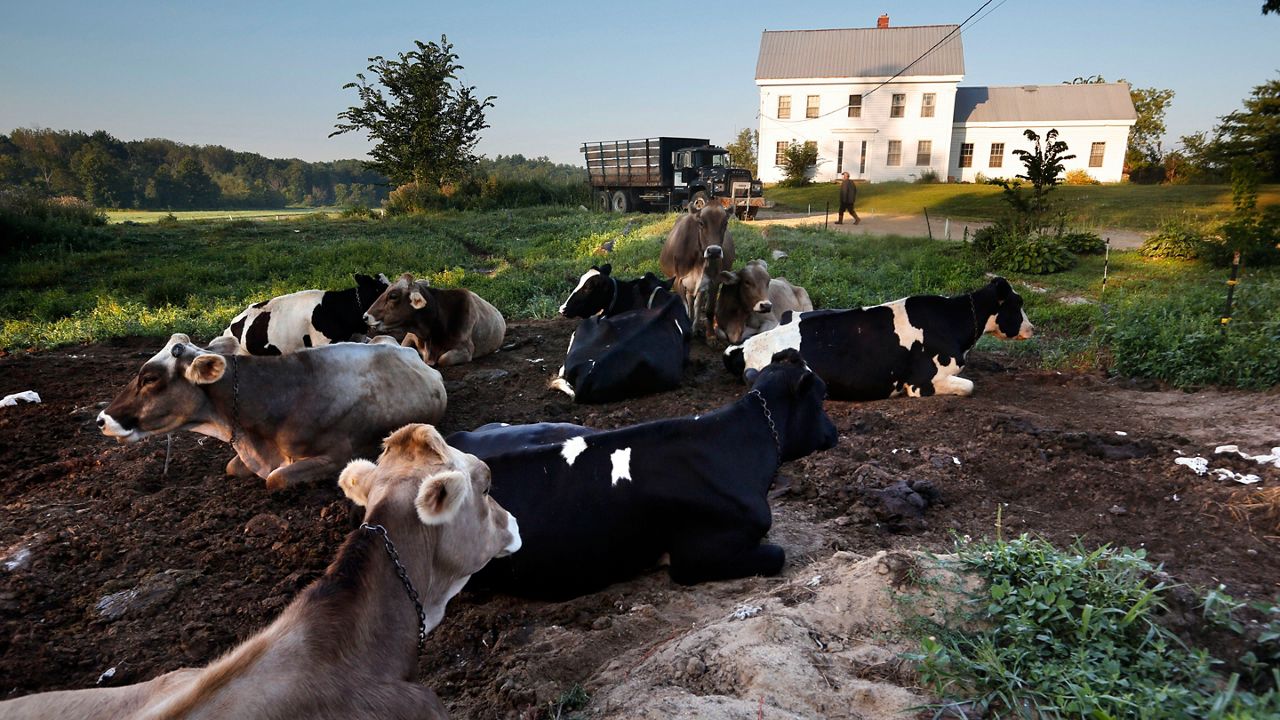The Maine House on Tuesday narrowly passed a bill to require farmworkers to be paid at least the state minimum wage and to give them a right to sue an employer for failing to do so.
The 72-70 vote now means the measure will go to the Senate for consideration.
The current state minimum wage is $14.15 per hour and beginning in 2025, agricultural workers would be eligible for the same annual cost-of-living increases as other hourly workers.
During the House debate, Rep. Amy Roeder (D-Bangor) said the bill came from the work of a stakeholder group that included the farm bureau and potato and blueberry farmers.
The original bill did not call for what’s known as a private right of action, which allows employees to sue an employer for not following the law. Democrats added that to the bill in committee.
“Nobody is walking away from this process completely happy with these results,” she said.
But many Republicans criticized the bill because in some industries, workers are paid by what they harvest, rather than a flat wage.

“Piecework ensures producers are paid for harvested products not just time spent in the field,” said Rep. Gary Drinkwater (R-Milford).
In July, Gov. Janet Mills vetoed legislation to create wage requirements for agricultural workers when a last-minute amendment raised concerns among the agricultural community.
In her veto message, she said she would establish a stakeholder group, which led to the bill released last month.
Mary Anne Turowski, senior advisor to Mills, told the Legislature’s Labor Committee last month it’s important to the governor to balance the rights of workers with the ability of farms to survive.
She said a 2022 farm census shows Maine has lost 564 farms and 82,567 acres of farmland since 2017.
“This alarming loss of farms and acreage underscores the importance of the careful approach this bill is taking to extend a state minimum wage for farmworkers while balancing the very real challenges faced by Maine’s farms,” Turowski said.



